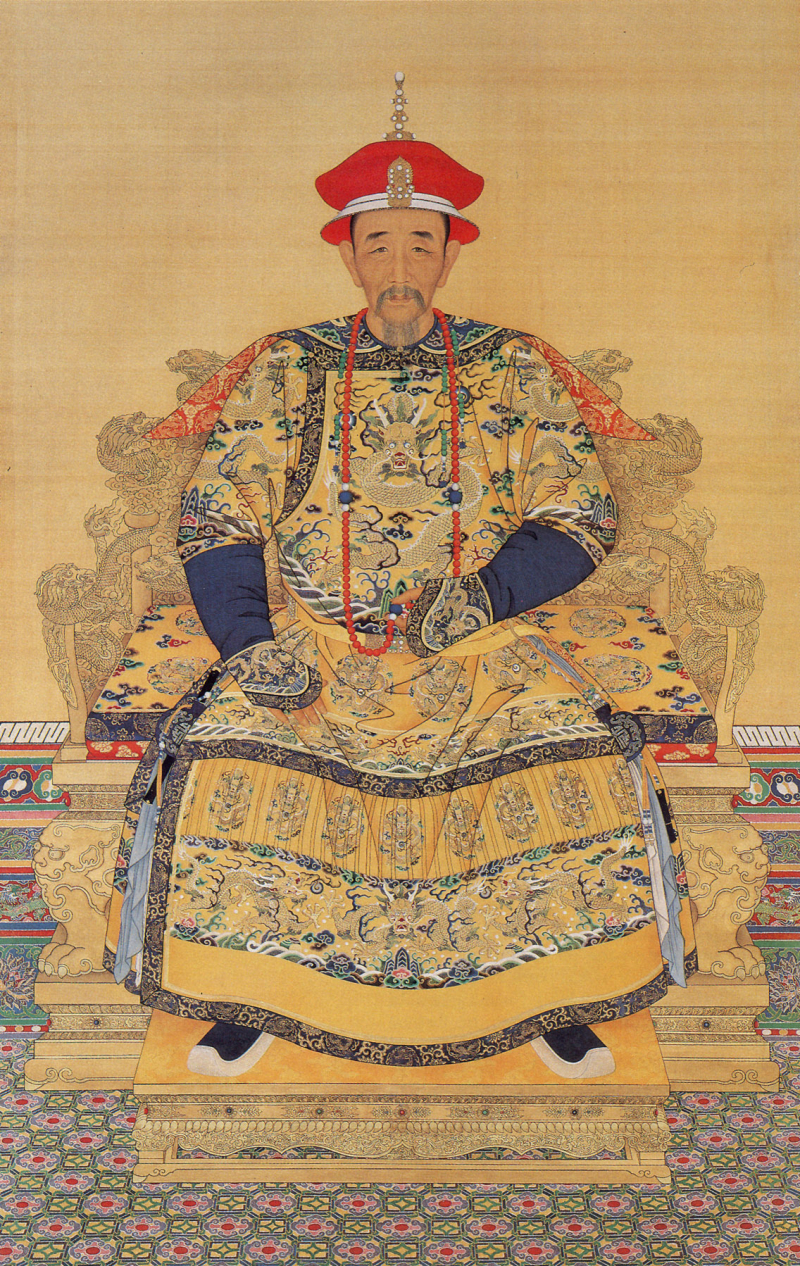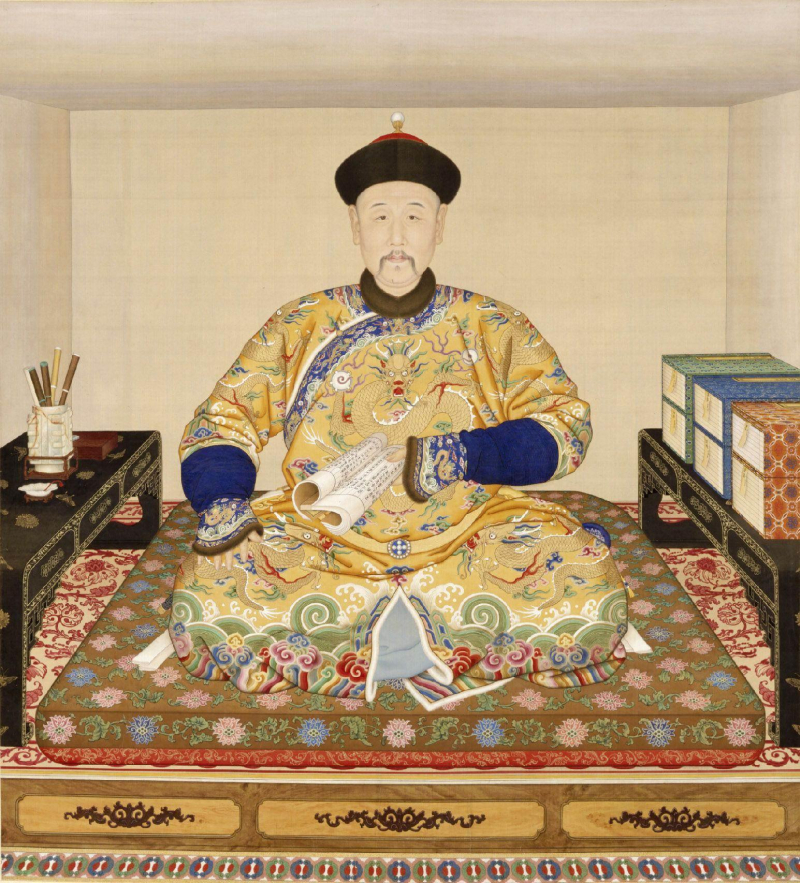Yongzheng Emperor
The Yongzheng Emperor (Yinzhen; 13 December 1678 - 8 October 1735) was the fourth Emperor of the Qing dynasty and the third Emperor of the Qing to rule over China proper. From 1722 to 1735, he ruled. The Yongzheng Emperor was a hardworking ruler whose main goal was to create an effective government at a low cost. The Yongzheng Emperor, like his father, the Kangxi Emperor, used military force to maintain the dynasty's position.
Despite the fact that Yongzheng's reign was much shorter than that of his father (the Kangxi Emperor) and his son (the Qianlong Emperor), the Yongzheng era was one of peace and prosperity. The Yongzheng Emperor cracked down on corruption and overhauled personnel and financial management. During his reign, the Grand Council was established, an institution that had a significant impact on the Qing dynasty's future. So he is regarded as one of the most important historical figures in China.
The Yongzheng Emperor ruled the Qing Empire for 13 years before passing away suddenly at the age of 56 in 1735. According to legend, he was murdered by Lü Siniang, the daughter or granddaughter of Lü Liuliang, whose family had been executed for literary crimes against the Qing government. Another theory held that Lü Siniang was the Yongzheng Emperor's lover and the true mother of the Qianlong Emperor, but that he refused to allow her to become empress.
It is widely assumed that he died while reading court documents, and that his death was the result of elixir poisoning caused by an overdose of the elixir of immortality he was consuming in the hope of extending his life. According to Zhang Tingyu, Yongzheng displayed poisoning symptoms on his deathbed, and after his death, his successor, the Qianlong emperor, expelled all Taoist priests from the palace, possibly as punishment for this incident.












